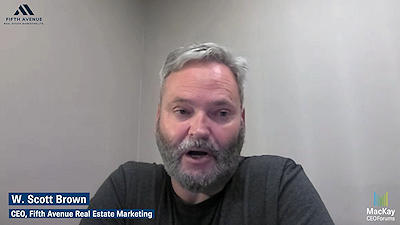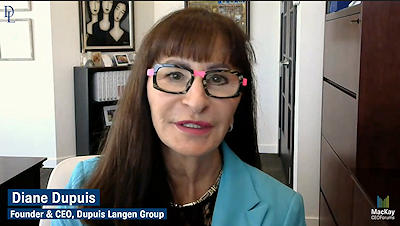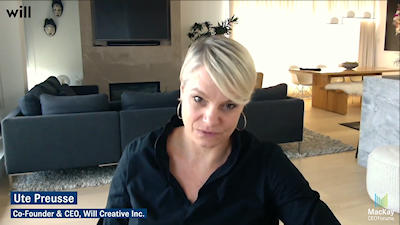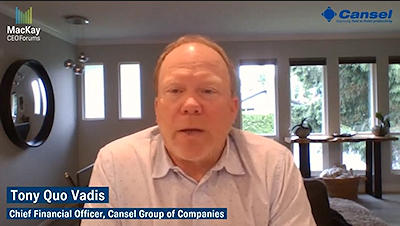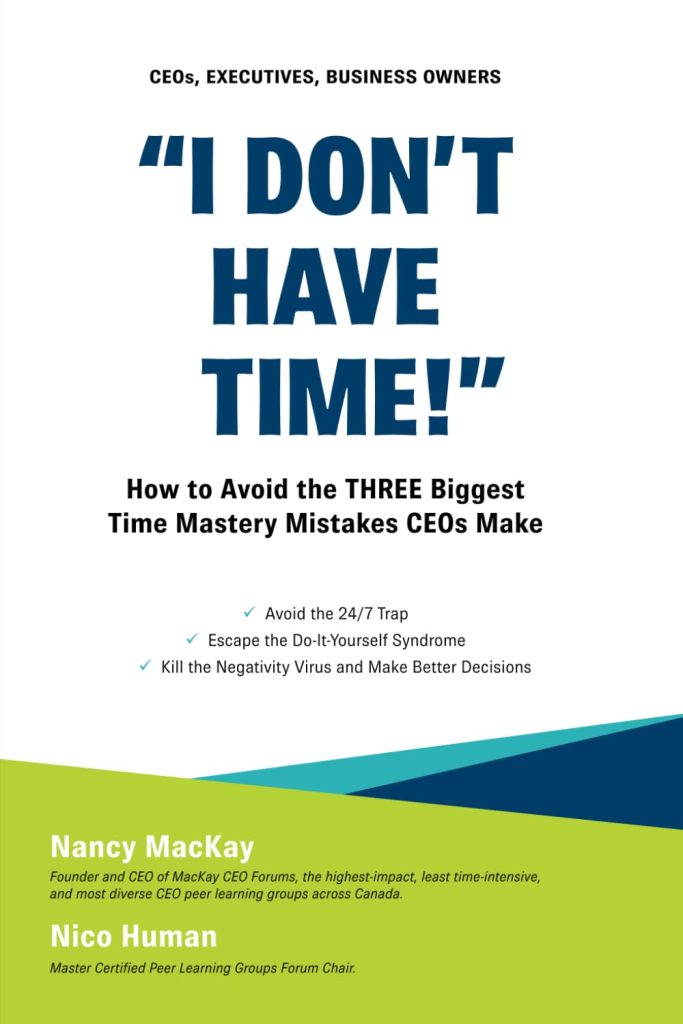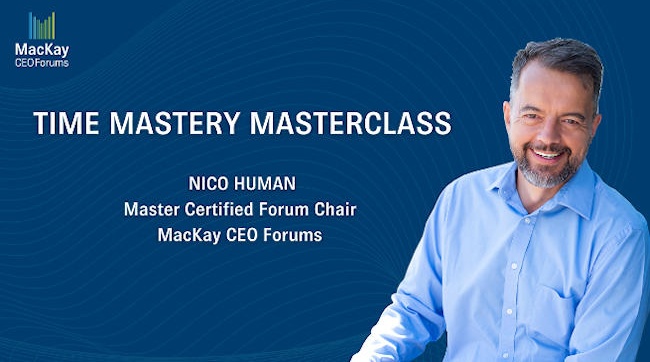POPULATING THE WORLD WITH INSPIRING LEADERS
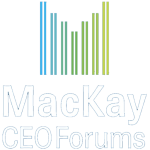
How MacKay Membership Works:
MacKay CEO Forums was founded by Dr Nancy MacKay in 2003 because she realised that is gets lonely at the top for leaders; they need the support of their peers. With the dream of populating the world with inspiring leaders, today more than 1,600 CEO and senior executives are members.
There are two types of forum groups:
- CEO Forums for the final decision-makers of companies with revenues in excess of $5 million per annum. The term “CEO” is broadly defined as that person who decides over the P&L of the company. They have many titles, CEO, President, Owner, Vice President, General Manager, COO, Managing Partner, Partner, Director. The title is not of importance, what matters is the fiscal responsibility.
- Executive Forums for members of the Senior Leadership Team, reporting to the CEO (as defined above). They may have titles such as VP HR, COO, VP Sales, VP Marketing, CIO, CTO, CFO, etc.
The groups are made up of a maximum of 14 members, from similarly sized, but non-competing companies.
Both groups follow the same format: There are six full-day meetings per annum, roughly six weeks apart, plus one two-day retreat.
A member’s annual membership includes the six full-day meetings, a two-day retreat, plus additional membership benefits (like a coaching program with the forum chair, one hour each quarter to plan and set quarterly rocks to drive the member’s success, and more.)
Would you like to hear more?
If you are interested in exploring whether MacKay membership will be a match for you or someone you know, let me know and we’ll set up a twenty-minute Zoom call to explore together.

NICO HUMAN
MacKay Forum Chair
“I think the most important benefit a peer group brings the member is the fact that this is a safe space. Here we can all be vulnerable together, we can learn from each other together, we can be open and honest. We can ask any question and get help from the others As leader, especially in business, you're often the final decision maker. You're supposed to be able to show the direction, to lead the charge. You need to show confidence. This is essential in the work setting and it can be a pretty lonely spot sometimes. In the peer group though, you can be totally vulnerable and you can learn from each other. There are no competitors around the table, only peers who are on the same journey as you. It becomes that safe space that breaks the isolation barriers. That's really important..”
A full-day meeting starts typically at 8:30 am and the first 90 minutes is a slot for the speaker of the day. For 75 minutes the person presents a customized mini-workshop on a topic that was picked by the group. The speakers are coached by the forum chair to bring direct value to the group. The content needs to be very practical so that members can apply their learnings the next day in their businesses. Once the speaker has left, a first commitment circle is used to inspire uptake of the content amongst the members. Once that is done, during the next session, each member has five minutes to give an update to the group of the state of their business/work, the state of their family and the state of their personal or health. The focus is to be on the business, but the other two areas are of equal importance: It either is off track, it will spill over into the business performance of the person. My talking about their families and their personal journeys, common ground often comes to light bonding the group together. Each member, at the conclusion of their update, leaves the group with an issue or opportunity that they want help with. Issues normally come from the business negative; those 2 am thoughts that keep the members awake. It does not have to be a negative though, sometimes it is a new opportunity the member is embarking on and they do not want to repeat mistakes that have been made before, they want to learn from the mistakes of the rest of the group. During this session the chair simply guides the conversation and makes a list of the issues and opportunities. Once everyone has done their update, it is time for the Focus on the Host session.
Every meeting is hosted by a member of the group, and this is now the opportunity for the group to get to know the host member and organization. The idea is to be able to become advocates for one another, so that, when out in the field, members can recognize opportunities for one another and make introductions to help grow one another’s organizations. The host may lead a brainstorm or discussion, or take the group on a plant tour, the more creative and memorable the better! This is followed by a simple lunch (provided by the host) and then it is time for the most important session of the day, the Facilitation of Key Issues and Challenges, when all those issues and opportunities identified before are handled one by one, or in combination with similar issues. The chair leads the conversation and use coaching and shared experiences techniques to get to a place where every member can put together a clear plan to solve their issue, or at the minimum identify the next steps in this process. In the next session attendees get the opportunity to give feedback of the meeting and then make their final commitments to their peers of what they are going to work on over the next six weeks, until the group is together again. Once that is completed, the group spends some social time together, and the day is concluded by 4 pm.
The a two-day retreat takes the group outside the city to a resort where we can do some life-strategies work, dive deep on some issues and also spend some time building the camaraderie and trust in the group.
After working with hundreds of CEOs and business owners, I’ve seen firsthand how time is the greatest challenge they face. That's why Nancy MacKay and I wrote “I Don’t Have Time”—a guide designed to help leaders escape the constant pressure of the 24/7 cycle and achieve true time mastery.
In the book, we highlight the 3 critical time mastery mistakes:
⏰ The 24/7 Trap
🔄 Do-It-Yourself Syndrome
❌ Negativity Virus
Through relatable examples and proven strategies, Nancy MacKay and Nico Human teach you how to regain balance without sacrificing your health, relationships, or happiness. Whether you’re overwhelmed by daily tasks or find yourself bogged down by indecision, this book gives you the tools to build a more productive, fulfilling career and life.
With insights from Nancy MacKay, founder of MacKay CEO Forums, and Nico Human, I Don’t Have Time! is more than just a guide—it’s a blueprint for reclaiming your time and thriving as a leader. Discover how to reduce stress, focus on what truly matters, and lead with confidence.

Want to hear more about how you can benefit from a group of peers? Send your contact details and Nico will reach out.
